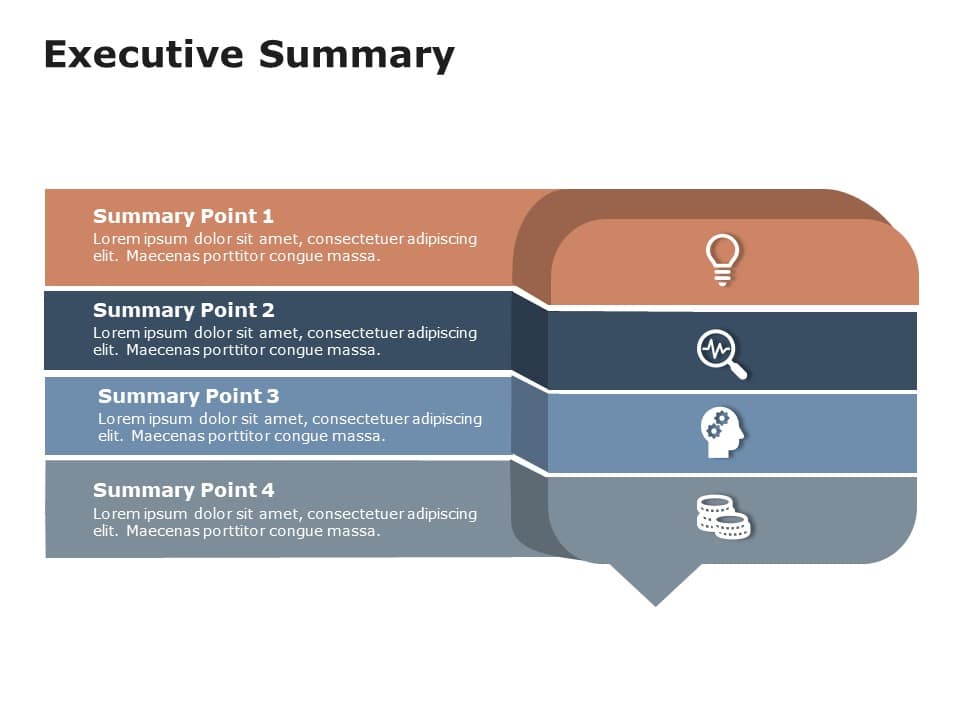

Disapproval of how governments are addressing profound economic and social issues has sparked protests throughout the world, potentially weakening the ability of governments to take decisive action should a downturn occur. A challenging economic climate may persist this year: according to the Global Risks Perception Survey, members of the multistakeholder community see “economic confrontations” and “domestic political polarization” as the top risks in 2020.Īmid this darkening economic outlook, citizens’ discontent has hardened with systems that have failed to promote advancement. The margins for monetary and fiscal stimuli are also narrower than before the 2008–2009 financial crisis, creating uncertainty about how well countercyclical policies will work. Low trade barriers, fiscal prudence and strong global investment-once seen as fundamentals for economic growth-are fraying as leaders advance nationalist policies. These pressures continued to intensify in 2019, increasing the risk of economic stagnation. Recent editions of the Global Risks Report warned of downward pressure on the global economy from macroeconomic fragilities and financial inequality. Risks to economic stability and social cohesion What were once givens regarding alliance structures and multilateral systems no longer hold as states question the value of long-standing frameworks, adopt more nationalist postures in pursuit of individual agendas and weigh the potential geopolitical consequences of economic decoupling.īeyond the risk of conflict, if stakeholders concentrate on immediate geostrategic advantage and fail to reimagine or adapt mechanisms for coordination during this unsettled period, opportunities for action on key priorities may slip away. The result is an unsettled geopolitical landscape-one in which states are increasingly viewing opportunities and challenges through unilateral lenses. Powerful economic, demographic and technological forces are shaping a new balance of power. This is the context in which the World Economic Forum publishes the 15 th edition of the Global Risks Report. On key issues such as the economy, the environment, technology and public health, stakeholders must find ways to act quickly and with purpose within an unsettled global landscape.
#Geo 5 executive summary windows#
Opting to ride out the current period in the hope that the global system will “snap back” runs the risk of missing crucial windows to address pressing challenges.

The world cannot wait for the fog of geopolitical and geo-economic uncertainty to lift. The GEO-5 Summary was launched on the sidelines of the 12th Special Session of the UNEP Governing Council/Global Ministerial Environment Forum (GCSS-12/GMEF), taking place from 20-22 February 2012, at the UN Office in Nairobi, Kenya.Deutsch I Dutch I Español I Français I Italiano I Türkçe It further recommends: the use of timely and accurate data to inform decision making reversal of policies that generate unsustainable outcomes incentives to advance sustainable practices urgent, ambitious and cooperative action by governments to meet internationally-agreed goals the strengthening of access to information and the engagement of civil society, the private sector and other relevant actors in policy-making processes.
#Geo 5 executive summary drivers#
The Summary calls for a focus on the underlying drivers of environmental change – including population growth, consumption and production, and urbanization. It notes specifically: the adverse effects of climate change as a serious challenge that threatens overall development goals the rate of forest loss the threats to water security facing 3.4 billion people coastal zone eutrophication and the fact that up to two thirds of species are currently threatened with extinction. The Summary warns of the continued deterioration in the state of the global environment, highlighting that internationally-agreed environmental goals have only been partially met.
#Geo 5 executive summary full#
The summary was released as a prelude to the full report, which will be released in June, in advance of the UN Conference on Sustainable Development (UNCSD, or Rio+20). 20 February 2012: The UN Environment Programme (UNEP) has released the Global Environment Outlook-5 (GEO-5) Summary for Policy Makers, which was negotiated and endorsed by governments on 31 January 2012.


 0 kommentar(er)
0 kommentar(er)
